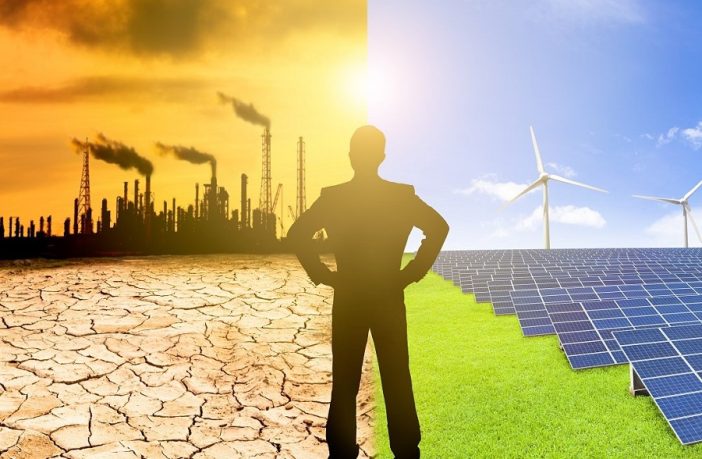- Today the Climate Justice Coalition (CJC) and partners will gather activists, trade unionists, and community-based organisations at Vuyisile Mini Square, Nelson Mandela Bay.
- The protest is in solidarity with local Saltuba Community Cooperative, which has built a cooperatively owned renewable energy installation.
- The Saltuba Cooperative has complained that regulatory barriers make it difficult for municipalities to purchase electricity from community cooperatives like theirs.
- Their experiences demonstrate how socially owned renewable energy projects are being stifled by a lack of supporting local and national regulations.
Today’s demonstration connects to intensifying demands from civil society, trade unions and energy and climate experts who have highlighted the benefits of social ownership. The CJC is calling for South Africa’s just energy transition to include both local community-owned renewable energy and a public pathway to more renewable energy through fixing Eskom and ensuring it leads the way to a renewable energy future.
The implementation of South Africa’s just energy transition is hotly debated as incoming climate finance deals such as the Just Energy Transition Partnership emphasise the need for countries to transition to renewable energy as part of global efforts to address climate change. Members and partners of the Climate Justice Coalition are advocating for the government to prioritise a just transition that is more socially owned and community-led.
The Secretary of the Coalition, Alex Lenferna, warns that “the wide-scale, unchecked privatisation of South Africa’s renewable energy transition threatens to concentrate the benefits in the hands of the wealthy. Instead, we need to ensure the benefits and ownership of a renewable energy future serve the majority as part of a truly just transition that leaves no worker or community behind.”
Earlier this week, the CJC hosted a Just Energy Transition Workshop on 12-13 July. At the workshop, activists, trade unionists, researchers and affected communities met to unpack the meaning of social ownership, deepen understanding of the subject and explore models for implementation. Critical insights from the workshop highlight,
- The energy transition must reflect the principles of justice, advance the well-being of the people of South Africa, and create a more just society.
- It is vital that we fix Eskom and allow it to drive the way forward to a renewable energy future – one that protects its workers and communities who depend on it.
- Social ownership can ensure that the benefits of renewable energy are more distributed and equitably shared, creating a more just energy future.
Saltuba Community Cooperative members Xolisa Bhe and Lungile Tyali say:
“We came together to build a structure of solar panels in our community. The permission to use that land came from our ward councillor. Due to a lack of municipal and national regulations on social ownership of renewable energy supply we are not receiving the benefit from the electricity we are producing. Since 2019, we’ve been generating electricity from our solar system and we don’t get anything back for this, it just feeds back into the grid.”
Author: Bryan Groenendaal















